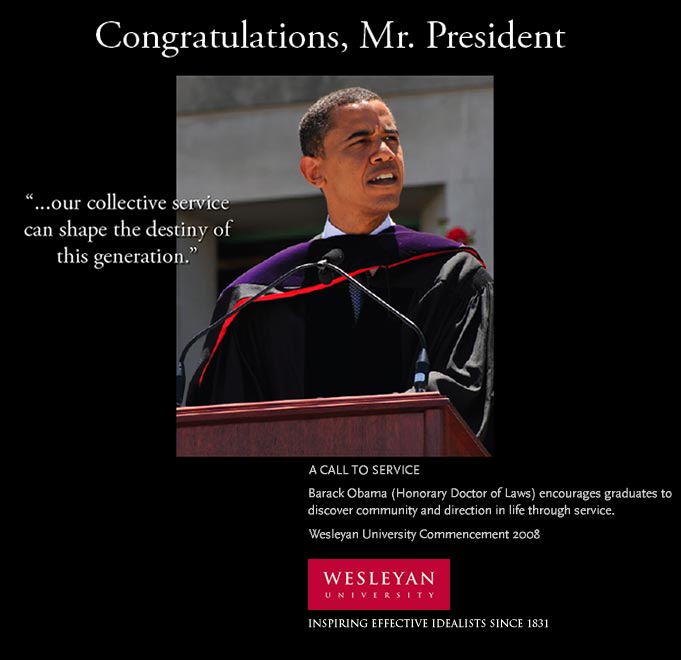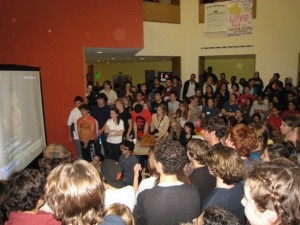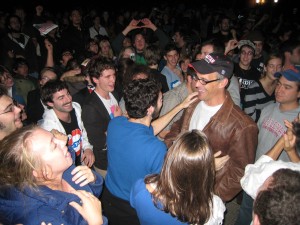The following is cross-posted with the Washington Post.
When I was a student in the 1970s and 1980s, it was not uncommon for male professors to use their classroom authority to initiate sexual relations with their students. Of course, teachers didn’t see it quite that way, thinking their evident charms just encouraged their young charges to act on their desires. But once activists and authorities put these abusive relationships in the spotlight, it became clear that the sexual attention from those with power to grade them could be an important restriction on students’ educational opportunities. Sexual pressure from those in official positions on campus was often a type of harassment, and in its most blatant forms a civil rights issue.
Building on this activist work, one of the Obama administration’s most significant legacies in higher education was its use of Title IX and the Office for Civil Rights to deal with sexual harassment assault on campus, especially by other students. “Students across the country deserve the safest possible environment in which to learn,” Vice President Joe Biden declared in the spring of 2011. “That’s why we’re taking new steps to help our nation’s schools, universities, and colleges end the cycle of sexual violence on campus.” Three years later, President Barack Obama made this work even more personal in launching notalone.gov, a website to help survivors of sexual violence: “We need to keep saying to anyone out there who has ever been assaulted: you are not alone. We have your back. I’ve got your back.”
The Trump administration has made no secret of its disdain for strict prohibitions on sexual assault and harassment. As President Trump famously said, “when you’re a star … you can do anything.” Such an attitude coming from our national bully pulpit, combined with a blanket critique of campus disciplinary proceedings, threatens to undermine much of the progress of the last decade. There is, of course, room for improvement in campus proceedings, and strong criticism may be warranted in the handling of particular cases. Many have questioned the lower evidentiary requirements for finding someone responsible for assault (“preponderance of evidence” rather than “clear and convincing”). Although this standard of proof parallels requirements in many civil cases, it can be problematic when one considers the profound effects of a false conviction.
At my university, we regularly review procedures to ensure that adjudication is supportive of those who come forward with reports of being attacked, and that the process is fair in assigning any responsibility to a particular individual. We will pay close attention to the reports filed with the Department of Education in the coming weeks, and we hope to learn from them. It is clear that universities must continue to protect the presumption of innocence and due process for anyone facing serious allegations, even as they protect the rights and well-being of those who have been assaulted.
Of course, easier said than done. Given the ambiguity that often exists around consent, some critics claim that colleges and universities would be better off not dealing at all with the sexual behavior of their students. But what happens when that behavior becomes violent? For many critics there is a basic bottom line: sexual assault is a crime. Use the criminal-justice system and not the code of student conduct, they say, to determine if a crime occurred and what the consequences should be.
This criticism is simplistic and out of touch with the realities of student lives and the criminal-justice system. At Wesleyan, we work closely with local law enforcement so that if a survivor of sexual assault wants to pursue a criminal complaint, she or he has a clear, workable path to do so. But those who point to the criminal justice system as an arena of fairness for rape victims are at best being naive. Cooperating with the criminal-justice system should in no way ease the burden on colleges to create a more equitable campus culture. Federal officials in the Obama years were right to remind us of this burden in case the voices of often vulnerable student groups were not coming through clearly enough.
Adjudication guidelines and the spectrum of a college’s responsibility in regard to sexual harassment and assault will doubtless continue to evolve, but it would be a huge setback if new policies discouraged victims from reporting and schools retreated to smug satisfaction about the lack of sexual assault complaints on their campuses. Colleges should make it easier for students to report assaults and to have confidence in a process of adjudication.
Higher education must not be allowed to return to a time when schools could turn a blind eye to sexual assault without fear of consequences. As survivors came to realize that they “are not alone,” they forced colleges to take sexual assault seriously as a civil rights issue. Part of this was just shining a bright light on the problem — for example, requiring the publication of assault statistics. At my own university, there was a sharp increase in the number of reported sexual assaults. This is a painful, painful process — but a necessary one. Colleges that have few to no reported incidents of sexual assault are today viewed not with admiration, but with suspicion.
The Obama administration was not “authoritarian” in insisting that colleges and universities have a responsibility to try to correct abusive aspects of student culture that often prevent women (and members of LGBTQ communities) from having access to the same benefits of higher education that most men do. Accusations of overreach should remind us of complaints decades ago about the federal government’s so-called excessive role in promoting desegregation, and they dovetail alarmingly with pleas from today’s polluters (and their new friends at the Environmental Protection Agency) who grumble about the government’s “overreach” in trying to combat climate change.
Clearer expectations and better disciplinary procedures are being developed at many universities, and we must calibrate campus disciplinary proceedings so as to protect the innocent. But we must also resist the urge to turn back the clock to a time when those who were raped were greeted with mistrust and worse. Lately the public has been treated to a litany of cases of men whose parents complain about their innocence, of sexually detailed stories of murky encounters that are subsequently recoded as assaults, and of tribunals that use murky pseudo-science to understand trauma and memory. These stories should not obscure the fact that sexual assault destroys lives and undermines a university’s ethical obligation and educational mission. We in higher education must protect the rights of the accused without relaxing the civil rights imperative to eliminate sexual assault as a part of campus culture. It’s our job.





